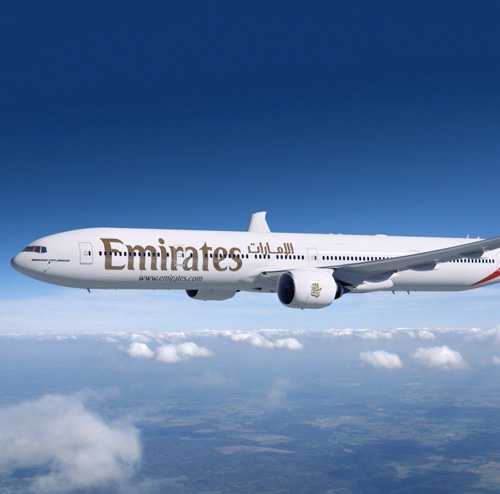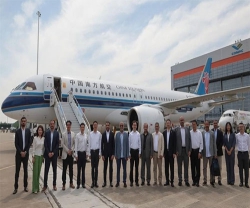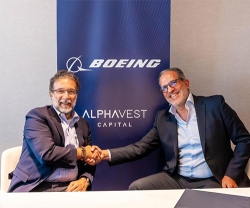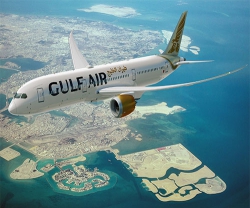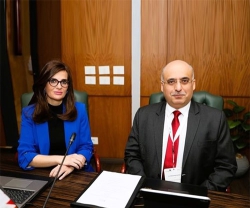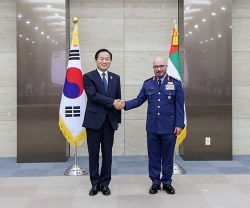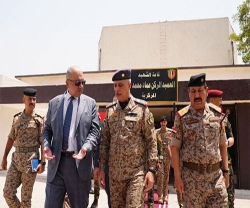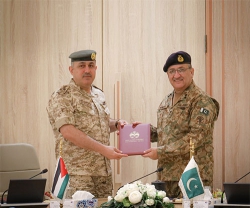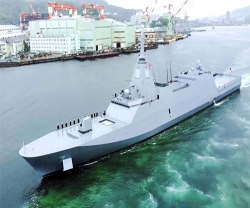The three major airlines in the Gulf - Emirates, Etihad and Qatar Airways - are poised to expand their fleet by almost 650 new planes, according to an expert in aviation inspection, safety and maintenance systems.
“If you include Turkish and Iran Air, the order book comes to a massive 1,058 passenger aircraft,” said Maurice Faber, Regional Managing Director of Olympus Middle East and Africa.
In Mid-December 2016, Iran announced a fresh $16.6 billion deal to buy 80 new passenger planes from Boeing.
With such massive fleet expansions, airlines face pressure to ensure that the airplanes are properly maintained and have regular maintenance and safety checks, he added.
The fleet expansions will have a direct impact on the growth of the ancillary industries - all of which will provide a fillip to the regional economies.
“Obviously, airlines cannot keep the new planes idle. They have studied the market and see a surge in passenger demand and are getting ready to face that demand with huge investments in new passenger aircraft and enhanced service and maintenance facilities,” said Faber.
Olympus is specialized in the inspection and verification of the integrity of an aircraft’s hull and its engines. The company will open its regional headquarters for the Middle East and Africa (MEA) in the UAE in January 2017.
“The move is to be in the market and to be of the market and for the market in the long term. The Middle East and Africa is the next area of growth in the world and we are here to play a more positive role in the growth and development of the infrastructure and economies of the region,” he said.
Aircraft safety check and maintenance is a critical element as it is directly related to passengers’ safety. That is why there are stringent requirements for periodic checks. Olympus has high technology products that are a leader in in this field.
“With the market growing, our local presence here will help our customers with stronger support on a variety of fronts including faster response times for service and product backup,” Faber concluded.

